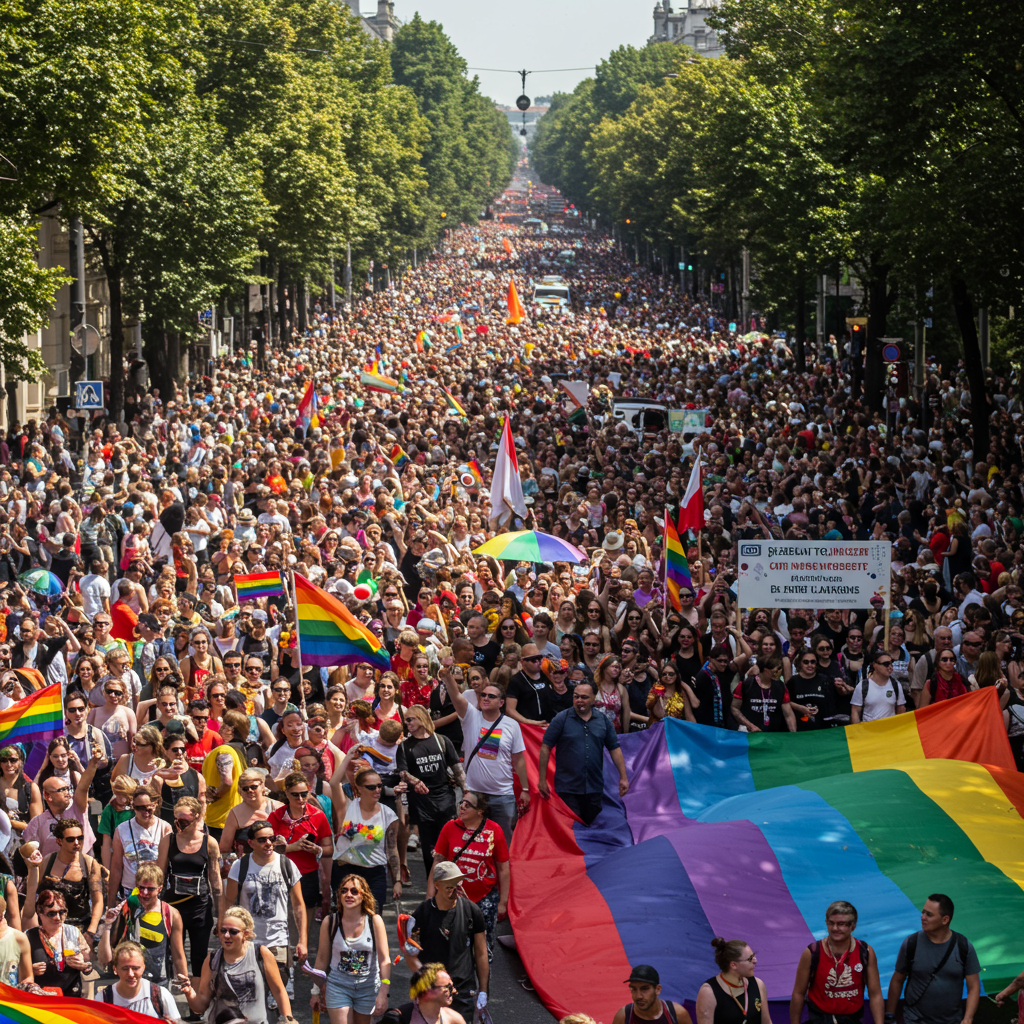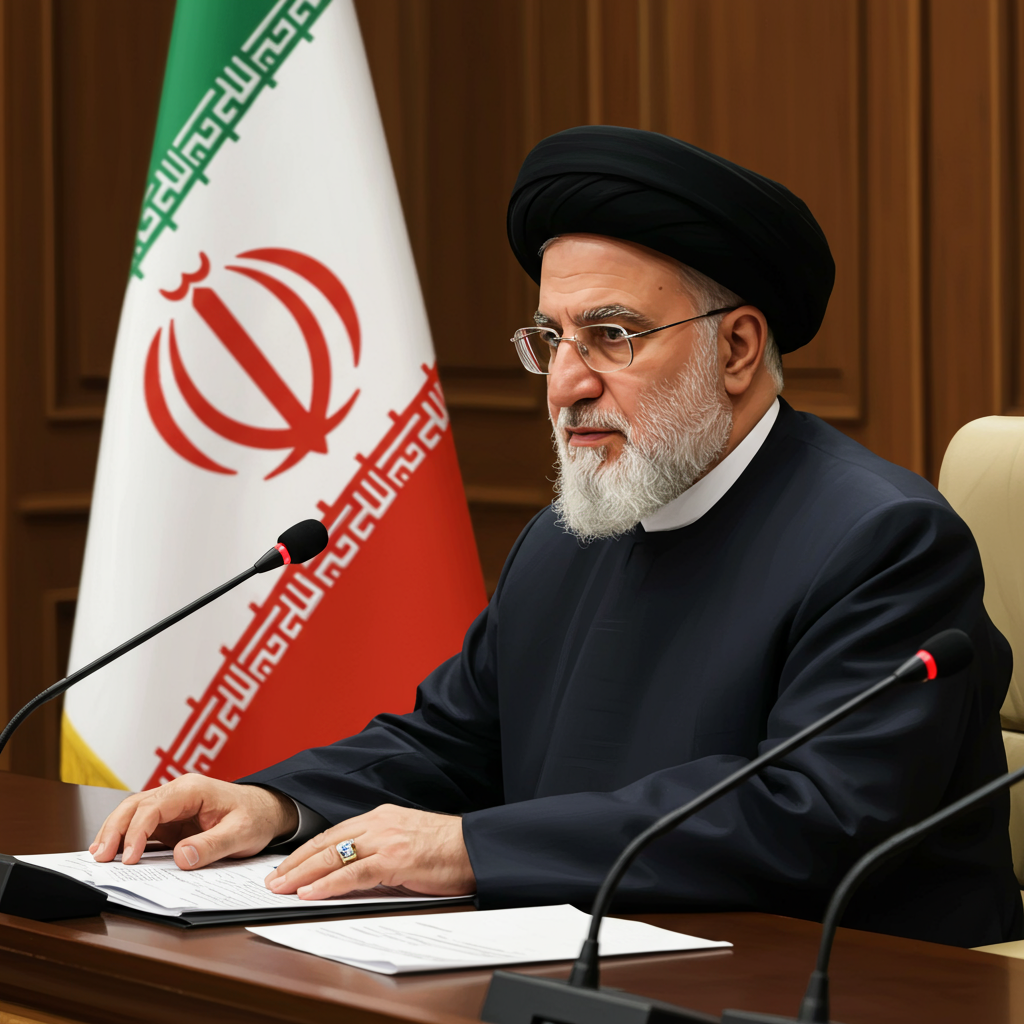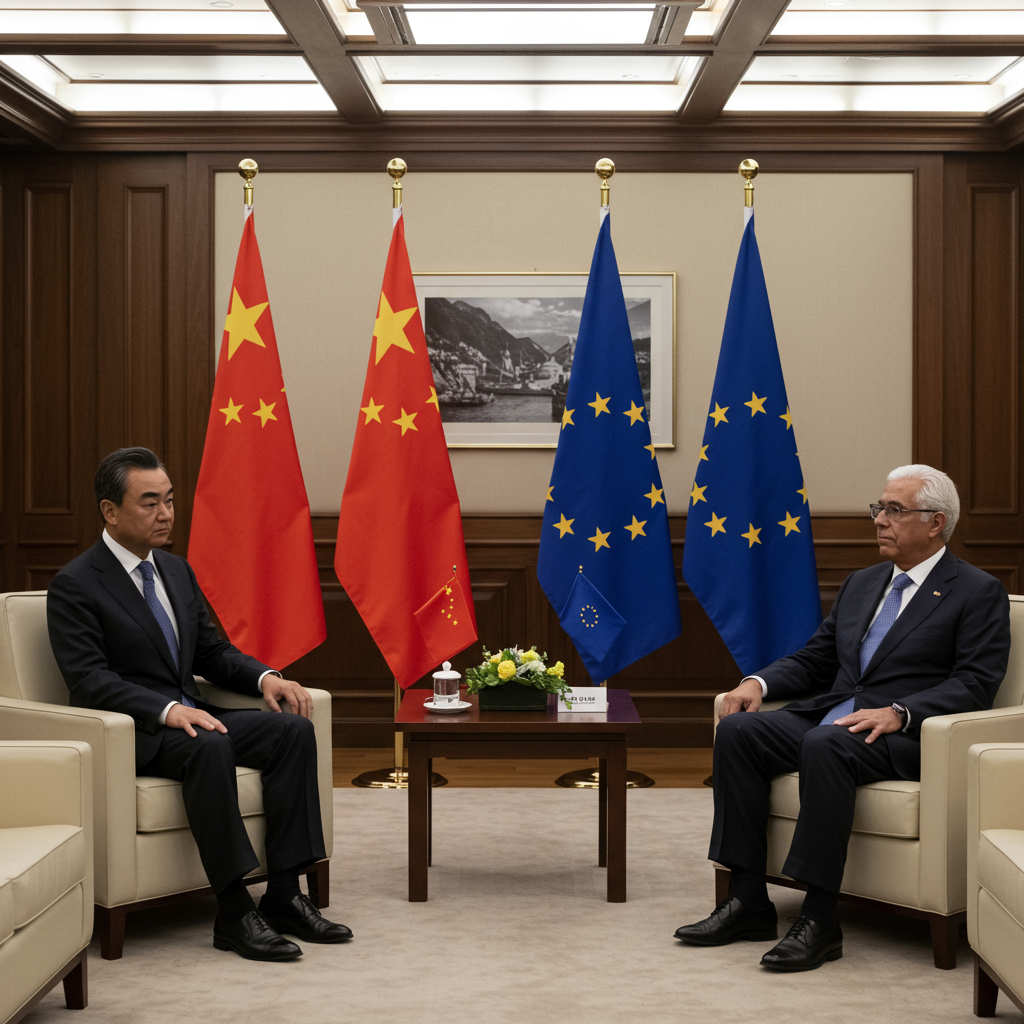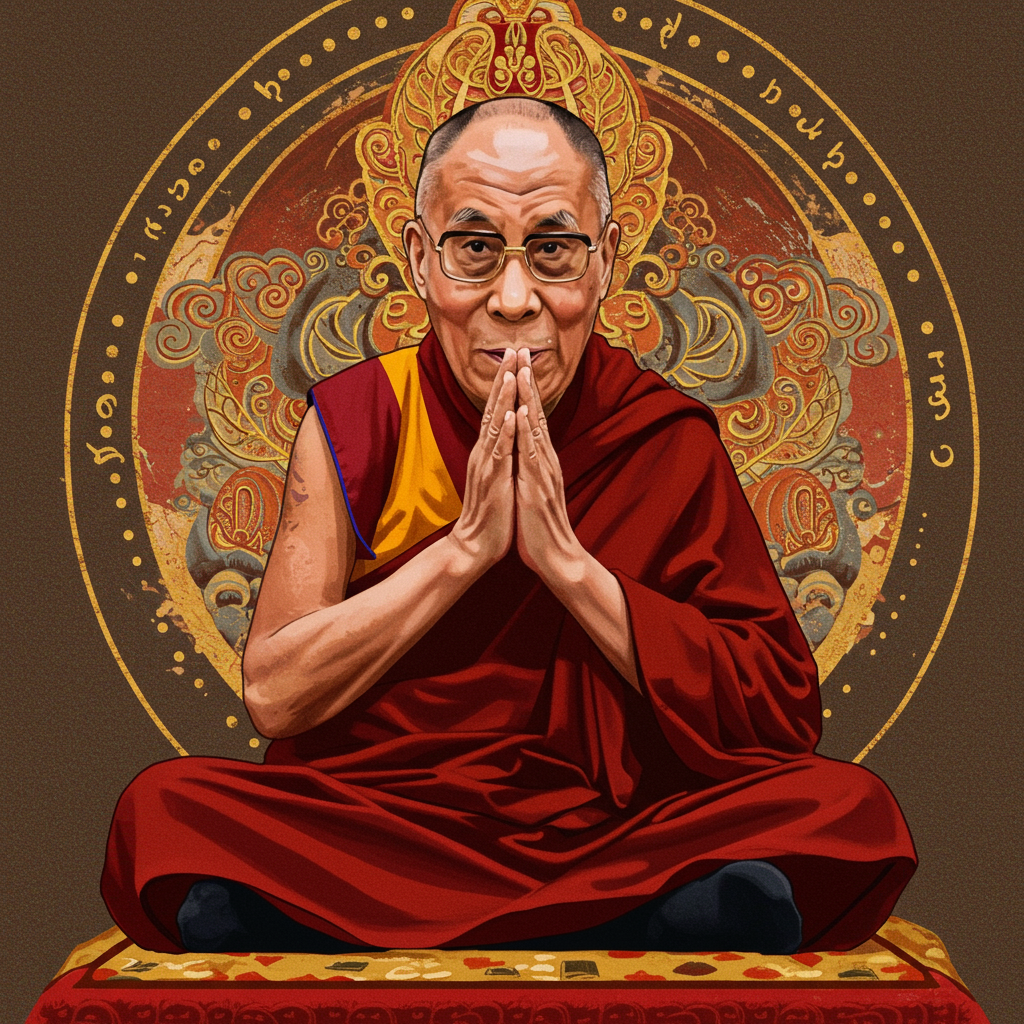In a powerful display of defiance, tens of thousands took to the streets of budapest on June 28, 2025, for the annual Budapest Pride march. This massive turnout occurred despite explicit warnings and threats from the Hungarian government, which had effectively banned the event under a controversial new law. Organizers and participants stood firm, transforming the city into a vibrant sea of rainbow colours in protest against increasing state-led restrictions targeting the lgbtq+ community.
The government, led by Prime Minister Viktor Orbán, had fast-tracked legislation earlier in the year making it an offense to “depict or promote” homosexuality to minors. This law was widely seen as a direct attempt to suppress public LGBTQ+ events like Pride, framed by the authorities as necessary for “child protection.” Attendees were warned they faced potential fines of up to €500 (approximately $586 USD), while organizers risked prison sentences of up to a year. Disturbingly, police indicated they might use facial recognition technology to identify participants, with reports surfacing of new cameras appearing along the planned route.
Defiance in the Face of Threats
Despite the legal threats and surveillance warnings, people poured into the city centre. Estimates from various sources placed the crowd size far beyond initial expectations, ranging from 35,000 to a record 200,000 attendees. This overwhelming response was interpreted by many as a direct repudiation of the government’s tactics. The sheer scale of the crowd offered a sense of safety in numbers, encouraging individuals who might otherwise have feared identification or repercussions for their jobs or immigration status.
Many participants felt compelled to attend precisely because of the ban. As one marcher, Orsi, noted, celebrating the 30th anniversary of Budapest Pride was special, but the ban made it even more critical to show that “Budapest and Hungary is a place where everybody is welcome, where love is equal.” This sentiment of turning prohibition into motivation was echoed throughout the crowd.
A March for More Than Equality
The demonstration quickly evolved beyond a simple celebration of LGBTQ+ identity. For many, it became a focal point for broader concerns about civil liberties and democracy in Hungary. Participants held signs and chanted slogans linking LGBTQ+ rights to the fight for fundamental freedoms. Activists like Adam Kanicsar articulated that the march was about Hungarians “sticking together, supporting each other, showing the government that we believe in a different kind of Hungary. We believe in freedom, we believe in democracy.”
This fusion of specific identity rights with general democratic principles highlights the perceived link between the government’s actions against the LGBTQ+ community and its broader approach to civil society and the rule of law. Critics argue that the crackdown on sexual minorities is part of a deliberate strategy to consolidate power and scapegoat vulnerable groups ahead of a crucial national election next year.
International Solidarity and Local Support
The event garnered significant international attention and support. EU Equalities Commissioner Hadja Lahbib traveled to Budapest, declaring that “all eyes are on Budapest” and emphasizing that the “EU is not neutral on hate.” Dozens of Members of the European Parliament (MEPs) and officials from other European countries also attended, signaling solidarity and concern over Hungary’s direction. A joint statement of support for the march was issued by 33 nations, including most EU countries, further underscoring the international dimension of the protest.
Adding a crucial layer of local validation, Budapest’s progressive Mayor, Gergely Karácsony, actively supported the march. He controversially designated the event as a municipal gathering, a move intended to bypass the need for official police authorization and potentially shield participants from legal action. Mayor Karácsony criticized the government for constantly seeking “enemies” and argued that the event was a stand for the principle that there should be no “first and second class citizens.”
The Political Landscape and Counter-Protests
Prime Minister Orbán’s government has consistently pitched a narrative of “family values” against LGBTQ+ rights, exemplified by his past statements like “The mother is a woman, the father is a man and leave our kids alone.” This stance is presented by the government as protecting Hungary’s Christian values. However, critics view these actions, including the 2020 abolition of legal recognition for transgender people and the 2021 ban on depicting homosexuality to minors, as part of a systematic dismantling of civil liberties during his 15 years in power. Some analysts draw parallels between Hungary’s legislative trajectory and restrictions against sexual minorities in Russia, given Orbán’s close relationship with President Vladimir Putin.
While the vast majority of people on the streets supported Pride, a smaller number of counter-protesters, including members of extreme-right groups, also gathered. These groups voiced strong opposition, with one representative calling the march “aggressive LGBTQ+ propaganda” that is “dangerous for our families, they are dangerous for our kids.” One extreme-right group reportedly blocked a bridge, necessitating a route change for the main march. The presence of these counter-demonstrations served as a stark reminder of the deep divisions within Hungarian society on these issues.
A Victory Amidst Ongoing Struggle
Despite the official ban and the associated risks, the successful execution of the Budapest Pride march felt like a victory for attendees and organizers. The sheer volume of the crowd, the diverse mix of participants (including solidarity from people like Leonas from Poland), and the widespread international support sent a powerful message. It demonstrated that a significant portion of Hungarian society and the international community rejects the government’s restrictive policies.
However, the fight for LGBTQ+ rights and civil liberties in Hungary is far from over. The upcoming general election next year is expected to further expose the country’s divisions, with the government likely to continue using cultural issues like LGBTQ+ rights to mobilize its conservative base. The 2025 Budapest Pride march was a defiant stand, a vibrant protest, and a symbol of hope, but it occurred within a challenging and increasingly restrictive political climate.
Frequently Asked Questions
Why did the Hungarian government attempt to ban Budapest Pride?
The government, led by Prime Minister Viktor Orbán, attempted to ban the march under a new law passed in early 2025. This legislation criminalized events that “depict or promote” homosexuality to minors, framed by the government as a “child protection” measure. Critics argued it was a targeted effort to suppress public LGBTQ+ gatherings and part of a broader crackdown on civil liberties and human rights, aiming to solidify conservative support ahead of an election.
What risks did attendees face by participating in the banned Pride march?
Participants faced significant risks by attending the march despite the official ban. Authorities warned of potential fines up to €500 for individuals. Organizers faced even harsher threats, including possible prison sentences of up to one year. Additionally, police indicated they might deploy facial recognition technology to identify and potentially fine attendees, raising concerns about surveillance and privacy for those present.
How significant was the turnout at the 2025 Budapest Pride march?
The turnout was remarkably significant, with estimates ranging from tens of thousands to potentially 200,000 people. This figure far exceeded initial expectations and previous attendance numbers for Budapest Pride. The massive crowd was widely interpreted as a powerful act of mass defiance against the government’s ban and threats, underscoring widespread opposition to the crackdown on LGBTQ+ rights and civil liberties in Hungary.
References
- www.theguardian.com
- news.sky.com
- www.cbsnews.com
- www.bbc.com
- <a href="https://www.lemonde.fr/en/hungary/article/2025/06/28/tens-of-thousands-defy-orban-s-ban-in-budapest-pride-march6742812220.html”>www.lemonde.fr




